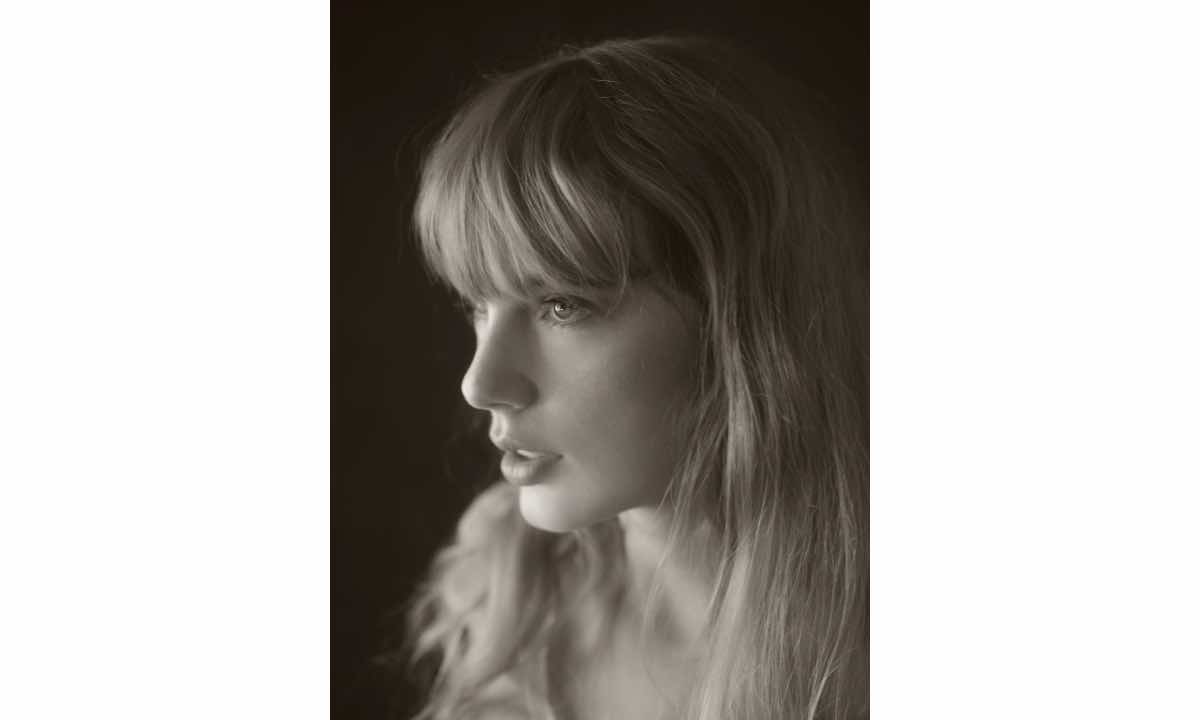
OR
Telling stories and Pushing Boundaries
Published On: December 13, 2019 08:44 AM NPT By: Anweiti Upadhyay

When Prabal Gurung casually strolled into Nagarik Network’s office in Kamaladi on a warm sunny Tuesday afternoon and shook my hand, it took every ounce of strength I had to be able to make a coherent sentence in my head and introduce myself. When he asked me my name for the second time, leaning in a bit so that he could hear me mumble it again, I couldn’t help but wonder why getting my name right would even matter to him.
But, turns out, that’s just how he is.
Over the course of the next two hours, as the designer spoke, with great fondness, about the strong women in his life (primarily his mother and sister) and his desire to tell a story with each collection that he puts out, he was patient and encouraging. I got the feeling he is acutely aware of the impact he has on people and wants to put them at ease.
Prabal, who was invited to Michelle Obama’s 50th birthday party at the White House and frequently parties with both Hollywood and Bollywood stars, is all about treating people with respect and a whole lot of kindness. This perhaps comes from the fact that he was bullied in school and knows how it feels to be on the receiving end of bad behavior.
Prabal claims that though no one should have to go through the horrors of being bullied, for him it kind of worked to his advantage. This was when Prabal took to sketching, mostly clothes and such. This was to be his first foray into the world of fashion designing.
“At that time fashion designing as a profession was unheard of in Nepal so I never gave it much thought,” says Prabal adding that there came a time when he realized that he could actually turn his passion for fashion into a profession and that was when he applied to the National Institute of Fashion Technology in New Delhi before making it to Parsons School of Design in New York.
Prabal recently ventured into designing menswear as well, but when he started and even today he is primarily known for dressing women. This, he says, is because the very reasons for his existence are his mother and sister and also because he thinks women are far more interesting than men.
“I don’t know how women do all that they do. They are such great multitaskers,” says Prabal adding that his strong, single mother who encouraged him in every way possible, even showing him how to put on makeup, is why he believes women are complex, intriguing, fascinating, and inspiring and enjoys dressing them up.
The other reason being the fact that he wanted to bridge the gap between being smart and powerful and being fashionable and show that the two didn’t have to be mutually exclusive.
“When I started designing, women were broadly categorized in two groups. If you were a smart woman, you didn’t care about your looks. If you cared about your looks, you weren’t smart,” he says. He explains that his designs are all about celebrating style together with substance and that he likes designing for curious and intelligent women who know what they want.
“The woman I have in mind while designing is someone who is incredibly aware of herself, the space she occupies, and the relationship she has with the world,” he says.
And indeed, Prabal has dressed a lot of strong women including Michelle Obama, Kate Middleton, Oprah Winfrey, Zoe Saldana and, a little closer to home, Deepika Padukone.
One wonders if there’s a pressure to one up his previous work each time he sits down at the designing table.
But Prabal says that neither the fashion industry nor he himself works with that modus operandi.
He does, however, feel a different kind of pressure – a pressure to tell his story clearly. With each collection, Prabal, the self confessed storyteller, is working on telling a story and his designs are how he takes the story forward.
It’s six months of hard work for eight minutes of the runaway, he says.
Because nostalgic isn’t his thing, he doesn’t like reminiscing about the past but when he sees that a collection has managed to convey the message he wanted it to, he considers that a job well done.
As someone who isn’t big on reminiscing, curating his coffee table book that was launched in November this year was challenging for Prabal. He says that when the publishing company first reached out to him, they had a typical coffee table book in mind. But Prabal, being the storyteller that he is, wanted the book to be more than just a collection of pretty pictures.
A stickler for quality, he worked on it for over a year and half and Prabal Gurung: Style and Beauty with a Bite was the result of that hard work. The book, Prabal says, is the story of an immigrants’ American dream come true and not just a showcasing of a designer’s work.
“You could call it a bound portfolio of my journey so far,” says Prabal.
Trust Prabal to make sure it was that way. His collections too have always been based on certain themes with important messages. Prabal bases the concepts of his collections on the experiences of those around him. Trying to understand different experiences and constructing a story out of that using his own ideas are what he has always been focused on.
His recent collection ‘Who Gets to Be American?’ though was based on his own experience. An investor, upon hearing Prabal’s idea to showcase a new America through a collection, pointedly asked him if he could do that since “he wasn’t American”.
This motivated Prabal to design a collection examining American identity. To hammer home the point, he had the models walking the ramp wear sashes with “Who gets to be American?” printed boldly on them. Prabal has always believed in voicing out his opinion through his designs and making political statements like this was nothing new for him.
What he also frequently does besides making bold political statements is speak up on women’s issues, which he calls “human issues”.
“It would be immoral and unethical of me not to do so,” he says explaining that he believes he is who he is because of women. They, he says, have supported him by wearing his designs and thus given him so much exposure. “So when their rights are attacked, how can I not speak up?” he says.
“I also wasn’t brought up being taught to stay silent in the face of unfairness. I have the urge to speak up. I don’t know how else to be,” he says.
If there is one thing Prabal knows for sure it is that life is impermanent. And it is this awareness that allows him to stay true to himself, not think about the past, and only look forward.
Isn’t it tough sometimes, though?
“It can be. But there’s nothing a good plate of momos and some Nepali chiya can’t fix,” he concludes.
You May Like This

UML leader Basnet to Balen: Don't be pampered just because you have a few hundred fans on Facebook
KATHMANDU, August 26: While the Mayor of Kathmandu Metropolitan City (KMC), Balendra Shah, is speeding up the work to demolish... Read More...

Smugglers’ go-downs near customs office
SIRAHA, March 16: On March 10, a team from the District Police Office (DPO), Siraha, arrested a truck with an... Read More...

Govt restricts Chand group’s activities
KATHMANDU, March 13: The government on Tuesday outlawed the ‘political activities’ of the semi-underground Communist Party of Nepal led by... Read More...





Just In
- Construction of bailey bridge over Bheri river along Bheri corridor reaches final stage
- Taylor Swift releases ‘The Tortured Poets Department’
- India starts voting in the world’s largest election as Modi seeks a third term as prime minister
- EC seeks cooperation for free and fair by-election
- Bus carrying wedding procession attendees meets with accident in Sindhupalchowk claiming three live
- CPN (Unified Socialist) to hold its Central Committee meeting on May 10-11
- Over 16,000 paragliding flights conducted in one year in Pokhara
- MoPIT prepares draft of National Road Safety Act, proposes rescue within an hour of an accident














Leave A Comment